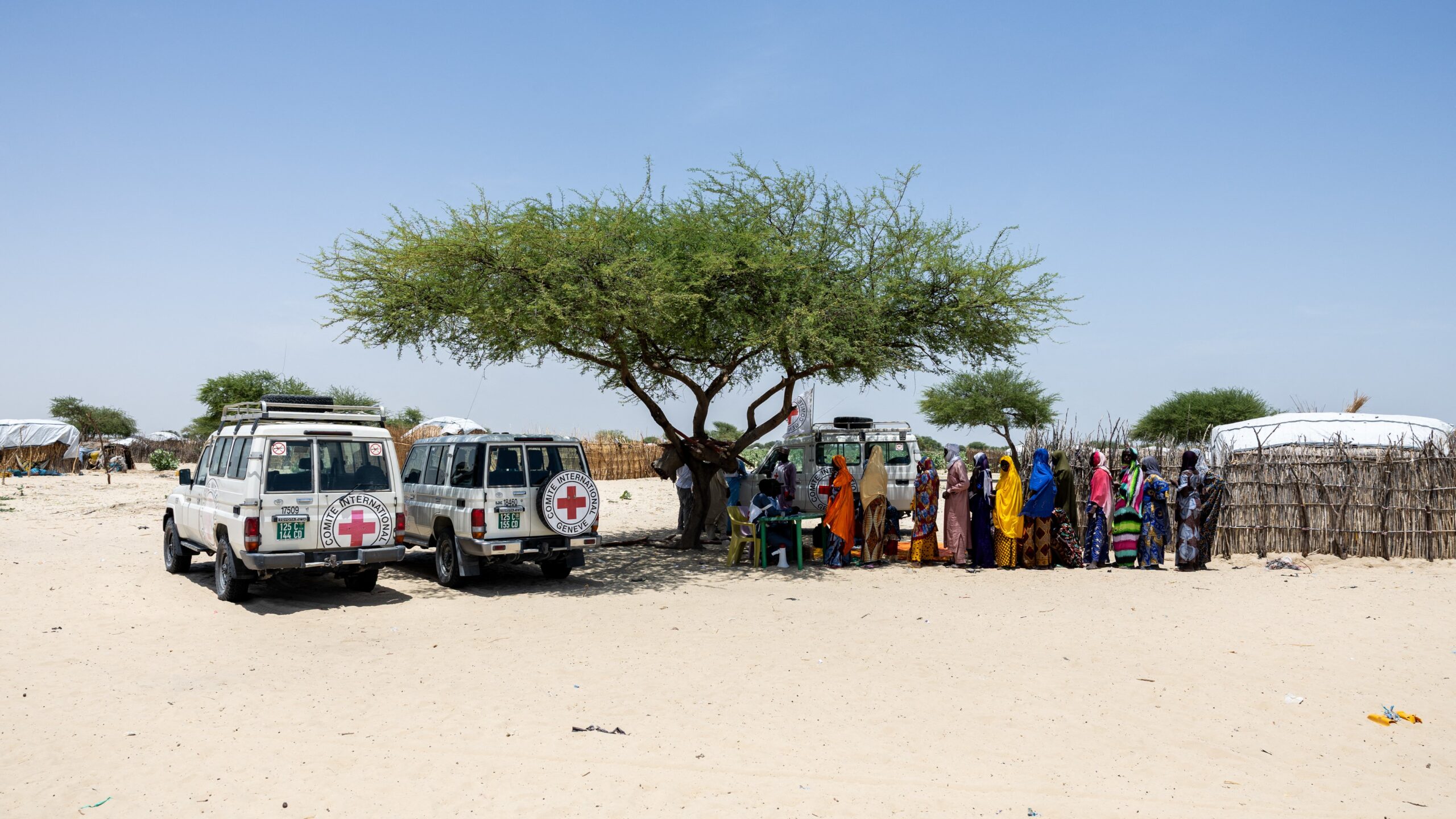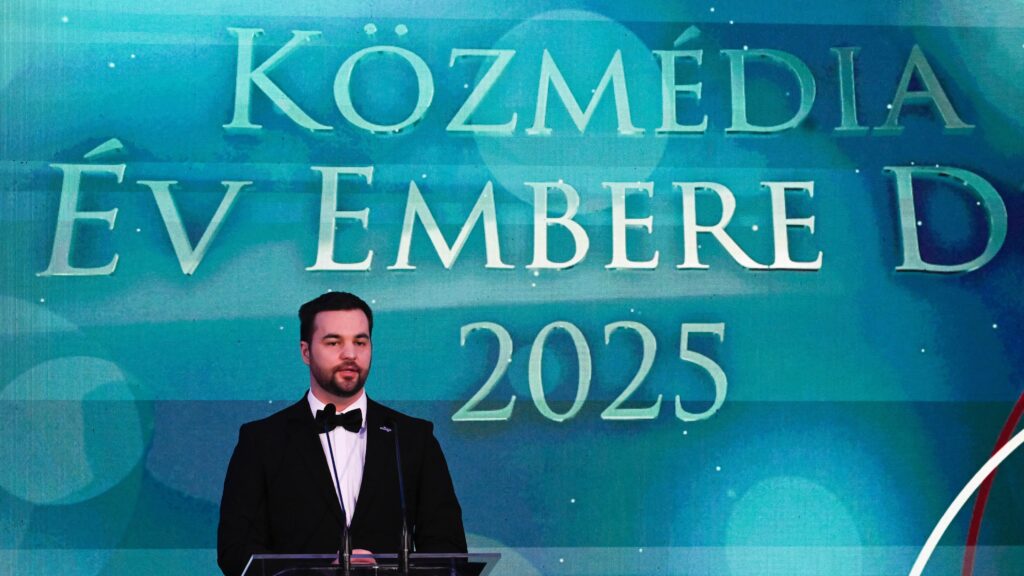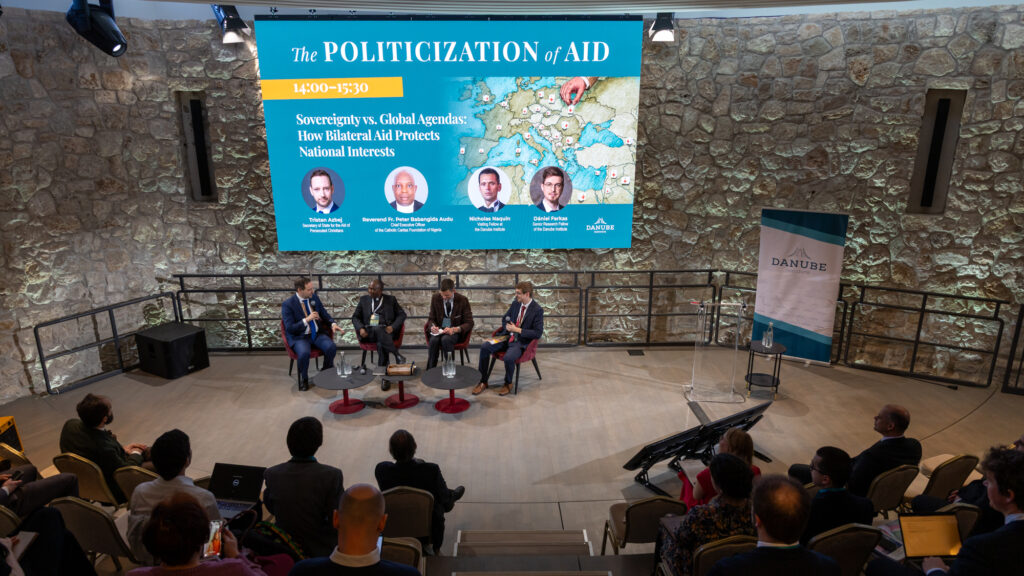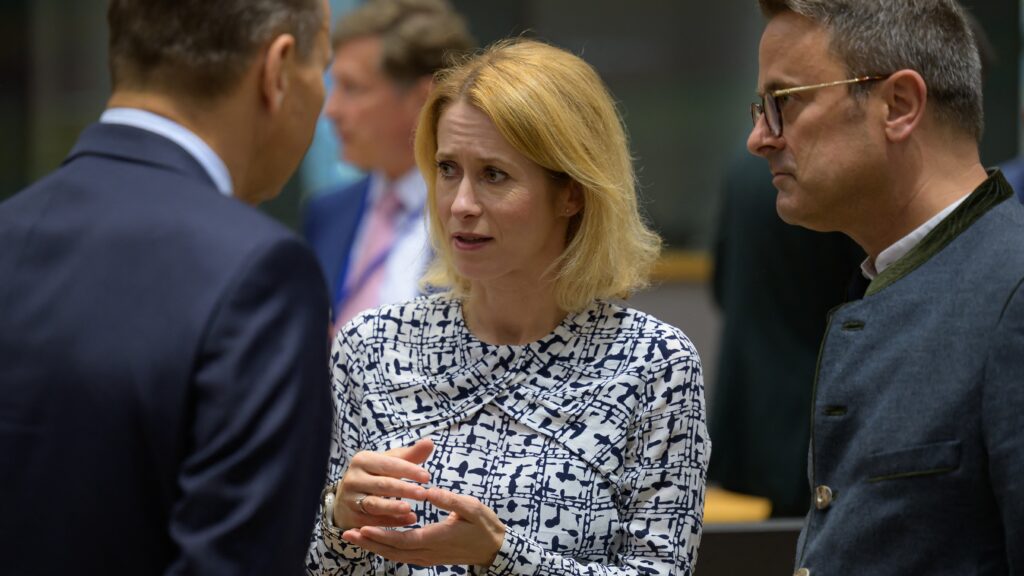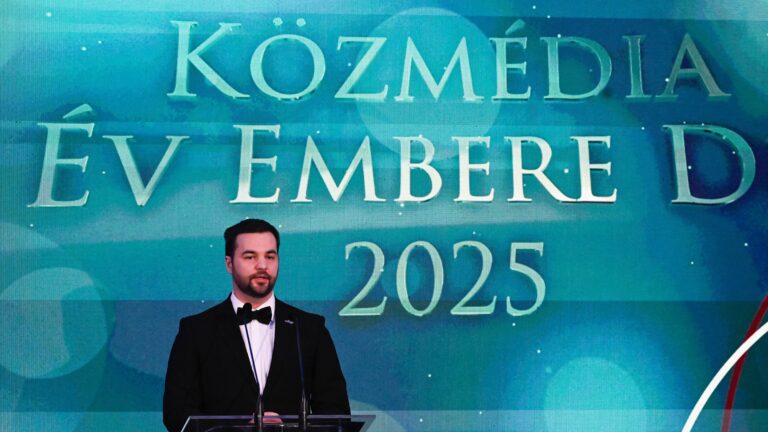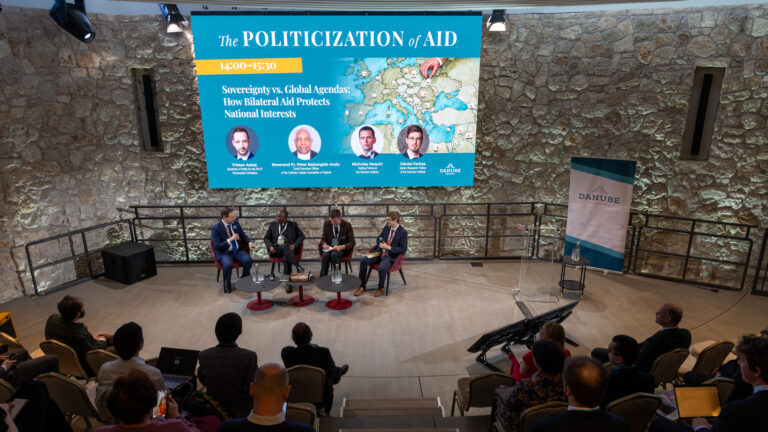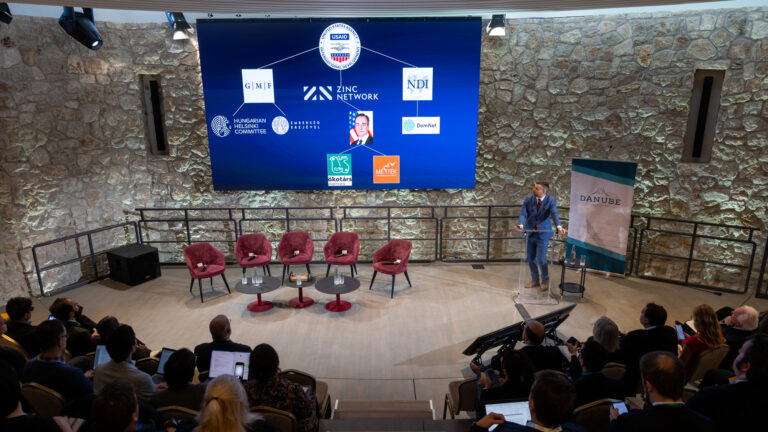A ten-day medical mission led by the team of Budapest’s Saint Francis Hospital has concluded successfully in N’Djamena, Chad’s capital. The Hungarian specialists supported the training of local healthcare workers, carried out several complex surgical procedures, and established the groundwork for a self-sustaining medical and educational model designed for international use, the hospital announced on Thursday.
The programme, launched in 2024 with support from Hungary Helps, marked the third deployment of the Hungarian team in the region. One of the mission’s key achievements was the implantation of the sub-Saharan region’s first dual-chamber pacemakers.
The operations were performed with the participation of István Hartyánszky, professor at Semmelweis University’s Városmajor Heart and Vascular Centre, Emil Toldy-Schedel, cardiologist and electrophysiologist of the Irgalmasrendi Hospital and director general of Saint Francis Hospital, and Anna Medgyesi from the Honvédkórház Cardiology Department.
The involvement of Hungarian cardiologists was made possible with the support of Rector of Semmelweis University Béla Merkely and Gábor Duray, head physician of the Honvédkórház Cardiology Department.
The mission focused on strengthening local expertise and building autonomous healthcare capacity. A key objective was ensuring that Chadian patients who urgently need pacemakers no longer lose their lives due to lack of local treatment or the need to travel abroad.
The recent interventions were carried out with active participation from local professionals, while several Chadian specialists are currently undergoing training in Hungary. By 2026, they are expected to perform pacemaker surgeries independently under Hungarian supervision.
During the ten-day programme, more than 20 local professionals received cardiology training, and emergency and intensive care courses also continued. A mission team led by anesthesiologist and disaster medicine expert Judit Tóth—including specialists Örs Doloczki, Virág Bagdy and Andrea Tóth—trained Chadian staff in the care of critical patients, emergency triage and advanced resuscitation.
Concrete outcomes included triage and resuscitation training for nearly 50 healthcare workers, the preparation of ten local instructors, and advanced training for ten intensive-care nurses. The Central Hospital in N’Djamena also involved trainees from other Chadian medical institutions, extending the programme’s impact to the national healthcare system.
The Hungarian team emphasized that their aim is to leave behind lasting knowledge and capacity that will save lives long-term, while also fostering durable academic and professional partnerships between Hungarian and African medical universities.
According to the statement, the Chadian mission represents a humanitarian model that simultaneously saves lives, strengthens communities and enhances Hungary’s international role and professional reputation. The project contributes to building an autonomous, internationally recognized care and education structure that supports Chad’s long-term healthcare development and secures Hungary’s continued professional presence in the region.
Related articles:

